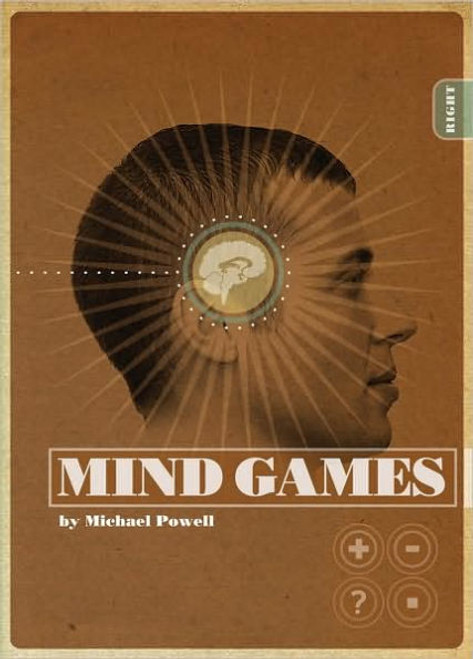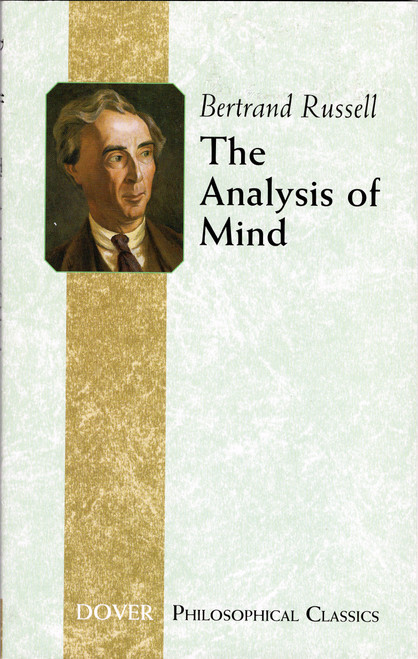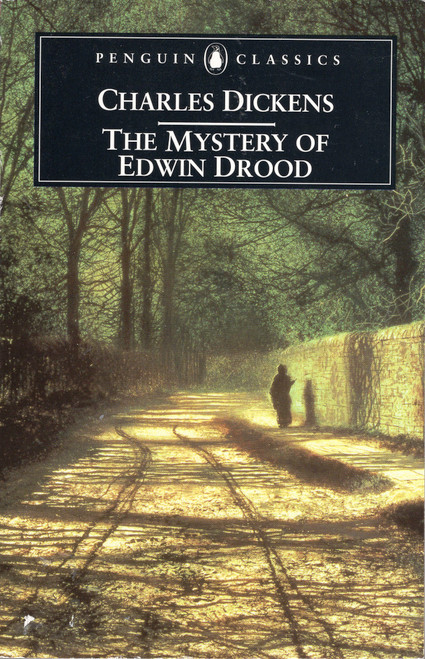Neuroscientist V.S. Ramachandran is internationally renowned for uncovering answers to the deep and quirky questions of human nature that few scientists have dared to address. His bold insights about the brain are matched only by the stunning simplicity of his experiments -- using such low-tech tools as cotton swabs, glasses of water and dime-store mirrors. In Phantoms in the Brain, Dr. Ramachandran recounts how his work with patients who have bizarre neurological disorders has shed new light on the deep architecture of the brain, and what these findings tell us about who we are, how we construct our body image, why we laugh or become depressed, why we may believe in God, how we make decisions, deceive ourselves and dream, perhaps even why we're so clever at philosophy, music and art. Some of his most notable cases:
- A woman paralyzed on the left side of her body who believes she is lifting a tray of drinks with both hands offers a unique opportunity to test Freud's theory of denial.
- A man who insists he is talking with God challenges us to ask: Could we be "wired" for religious experience?
- A woman who hallucinates cartoon characters illustrates how, in a sense, we are all hallucinating, all the time.
Dr. Ramachandran's inspired medical detective work pushes the boundaries of medicine's last great frontier -- the human mind -- yielding new and provocative insights into the "big questions" about consciousness and the self.
Editorial Reviews
"This is a splendid book." —Dr. Francis Crick, Nobel Laureate
"The book is enthralling not only for its clear, eloquent description of neurological phenomena...but also for its portrait of Ramachandran, the enthusiast in search of the secrets of the human mind. Phantoms in the Brain is about both...and he is a splendid subject indeed." —The New York Times Book Review
"Neuroscientist Ramachandran looks at neurological disorders to help us understand brain function." —Library Journal
"In these unsettling tales from a neuroscientist every bit as quirky as the more well-known Oliver Sacks, Ramachandran sets out his beliefs that no matter how bizarre the case, empirical, strikingly simple testing can illuminate the ways brain circuitry establishes "self." In a chatty, nearly avuncular style, he (along with his coauthor, a New York Times science writer) snatches territory from philosophers on how we think we know what we know. In one experiment, stroking an amputee's cheek produces sensations in his "phantom limb" because the part of the brain's map that once related to the lost limb has "invaded" the adjacent brain area that relates to the cheek. Unafraid to speculate, Ramachandran then moves a step closer toward indicating that the brain is not only a busy lump of genetically deemed-and-dying hard-wiring but an organ that can continuously "re-map" in response to new sensory information from the outside. Equally fascinating are Ramachandran's "mirror tricks" on amputees and paralyzed patients that begin to reveal how much the brain relies on context and comparison as well as on "inside" neural connectivity to form self. Perhaps most disquieting are beginnings of proof that much brain activity, including what we like to think of as uniquely human behavior, happens unbidden. There may be no escape from the un-Western conclusion that self is only a limited illusion. "De-throning man," as the author points out, is at the heart of most revolutionary scientific thought. Regrettably, his book sags in the middle as it drifts from these deft experiments into generalized musings on idiot-savants and phantom pregnancies, detracting from what is otherwise entertaining, tip-of-the-neurological-iceberg sleuthing." —Publishers Weekly
About the Author
Sandra Blakeslee is a science correspondent at the New York Times who specializes in the brain sciences.
V. S. Ramachandran is the director of the Center for Brain and Cognition at the University of California, San Diego, and the author of A Brief Tour of Human Consciousness.
Neil Shah is an Audie Award-nominated narrator and AudioFile Earphones Award winner who has recorded over one hundred audiobooks. A classically trained actor with an MFA from the Old Globe/University of San Diego program, Neil has appeared off-Broadway and on regional stages, as well as in film and television.







